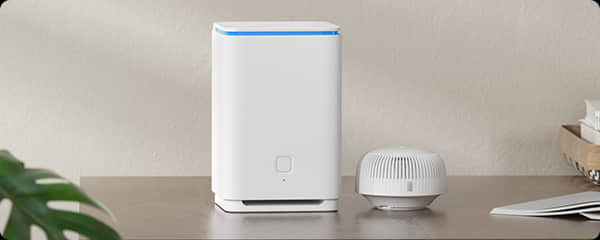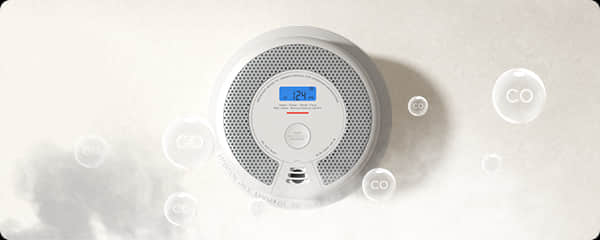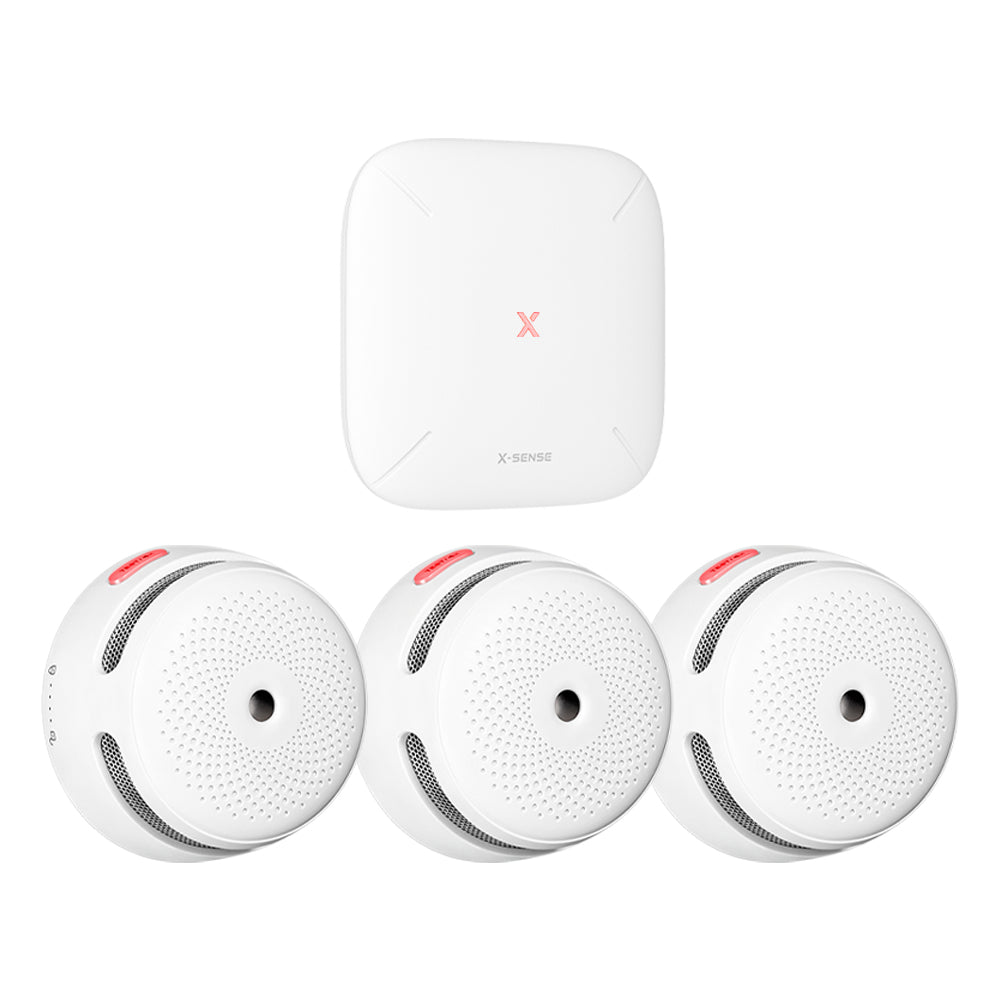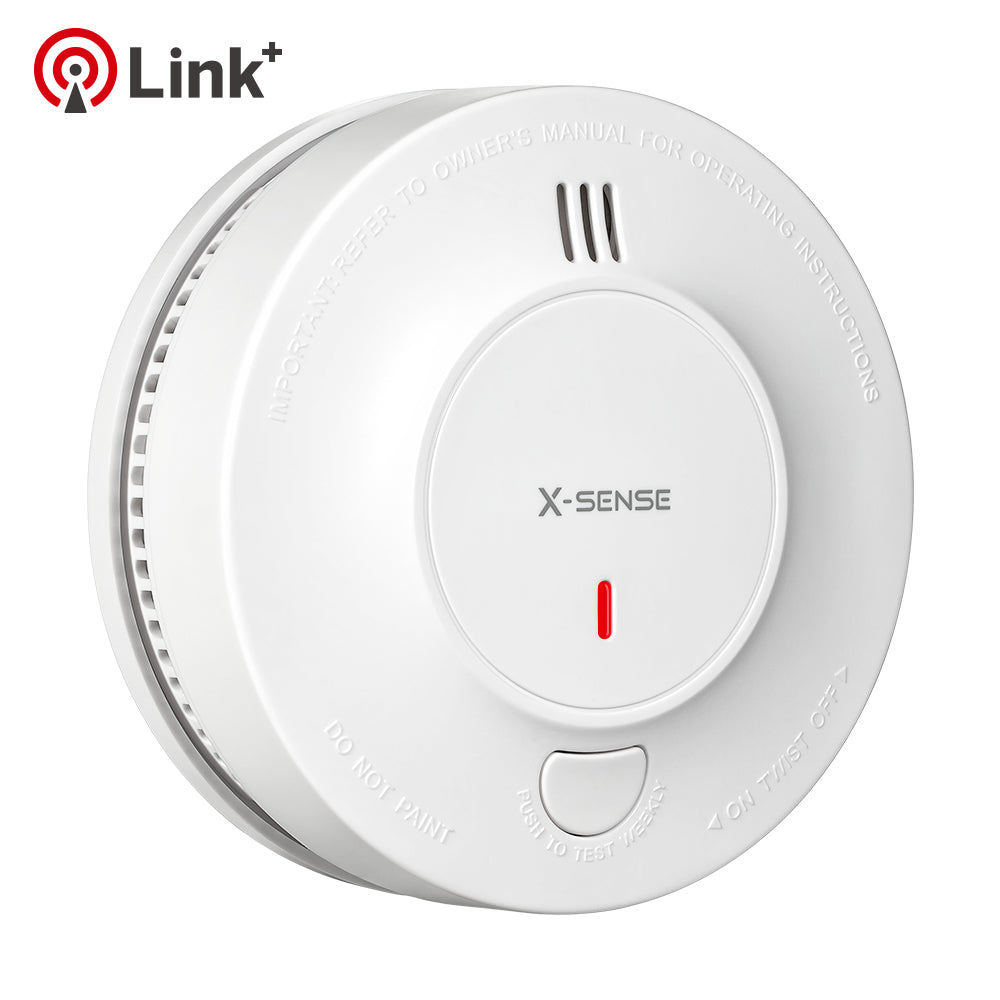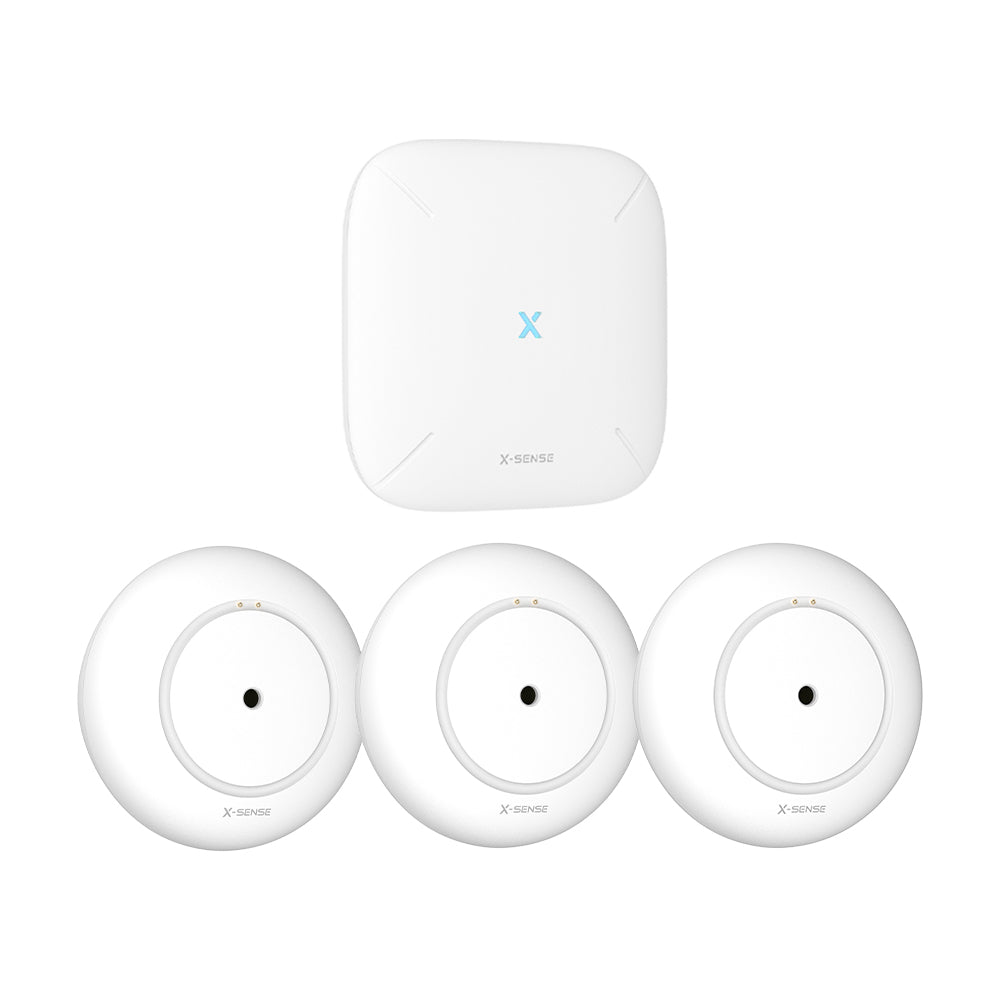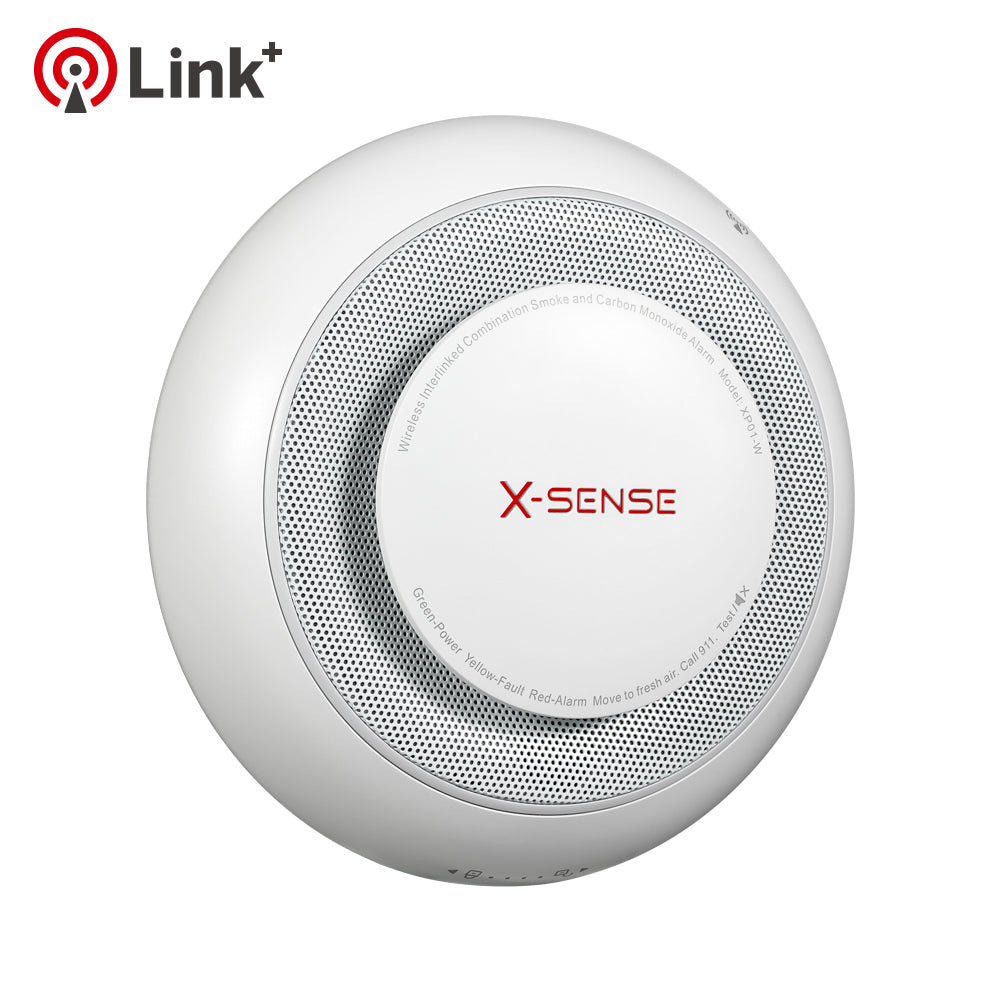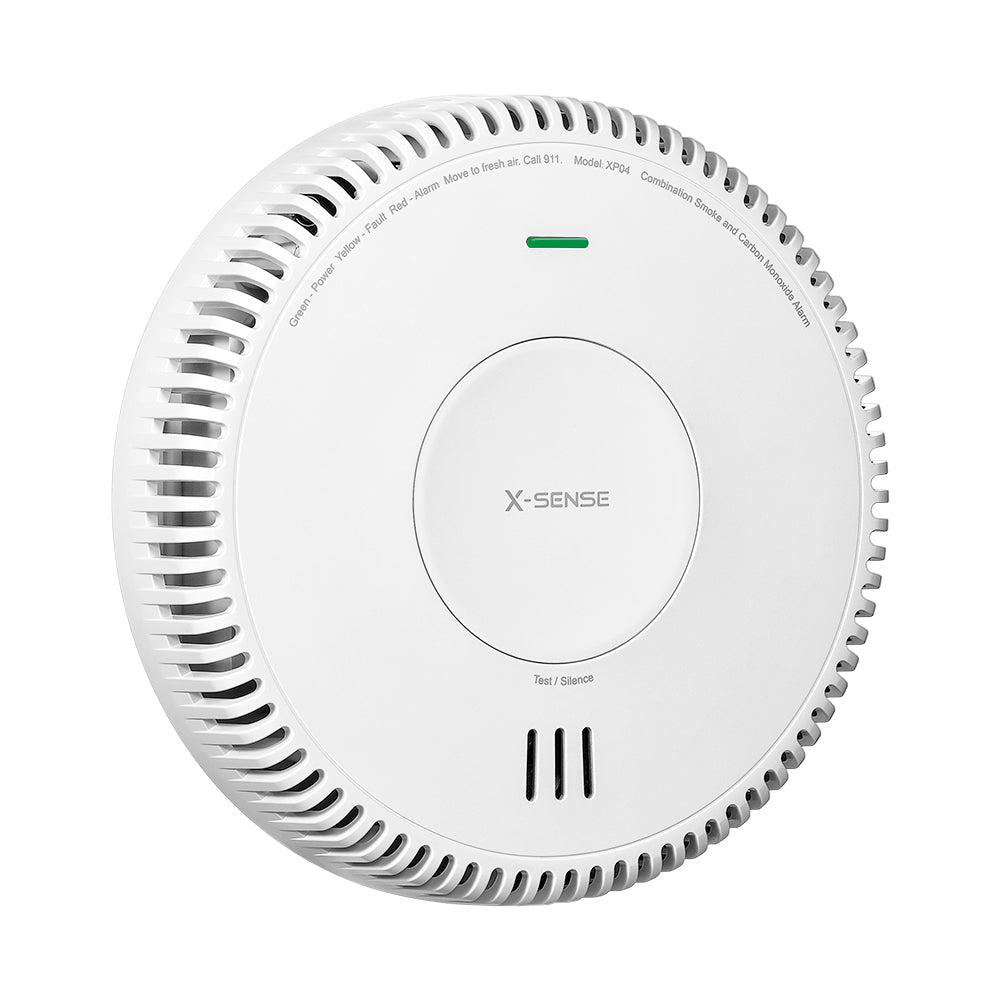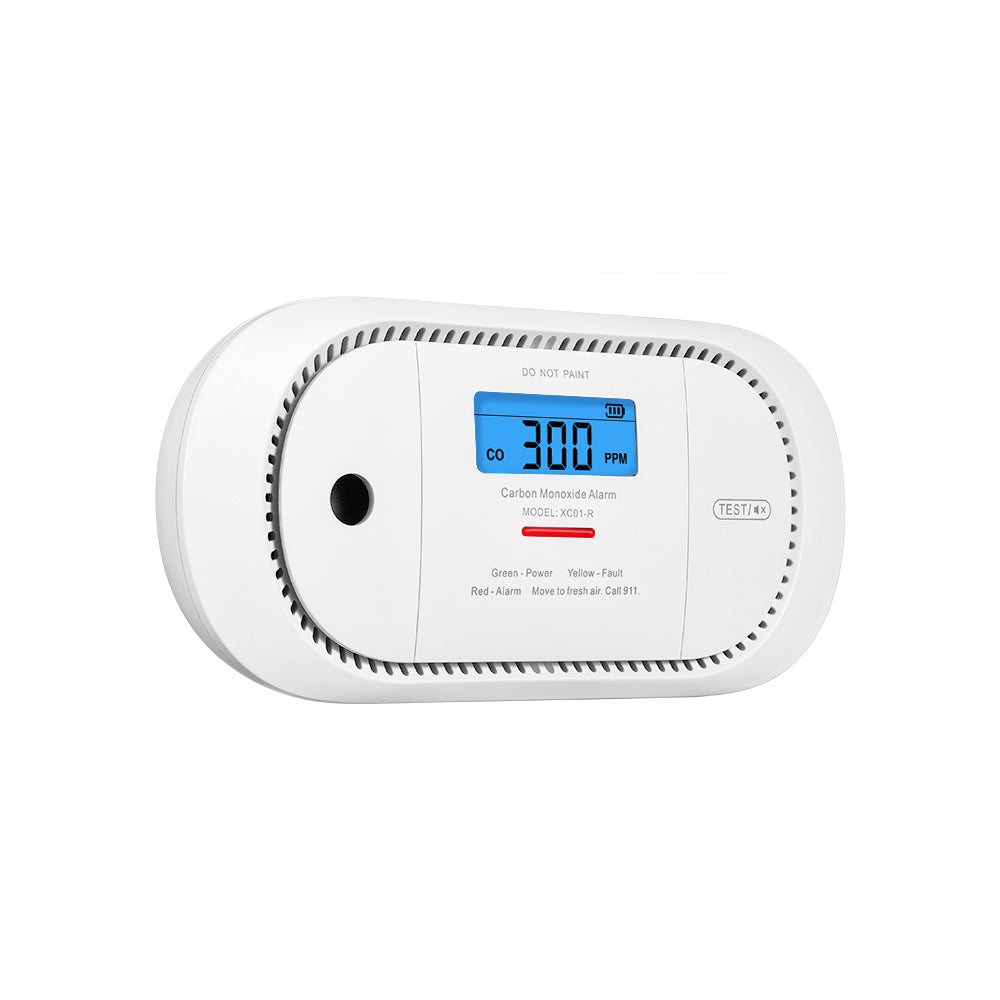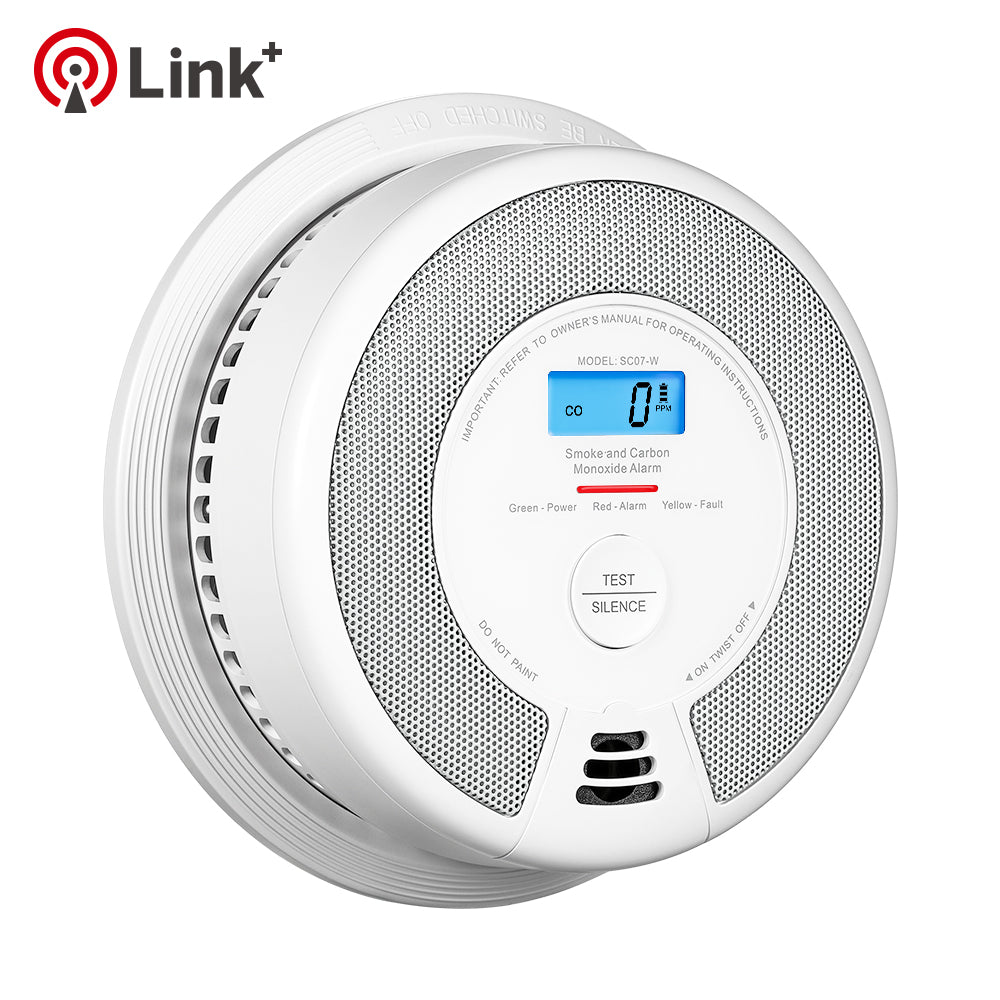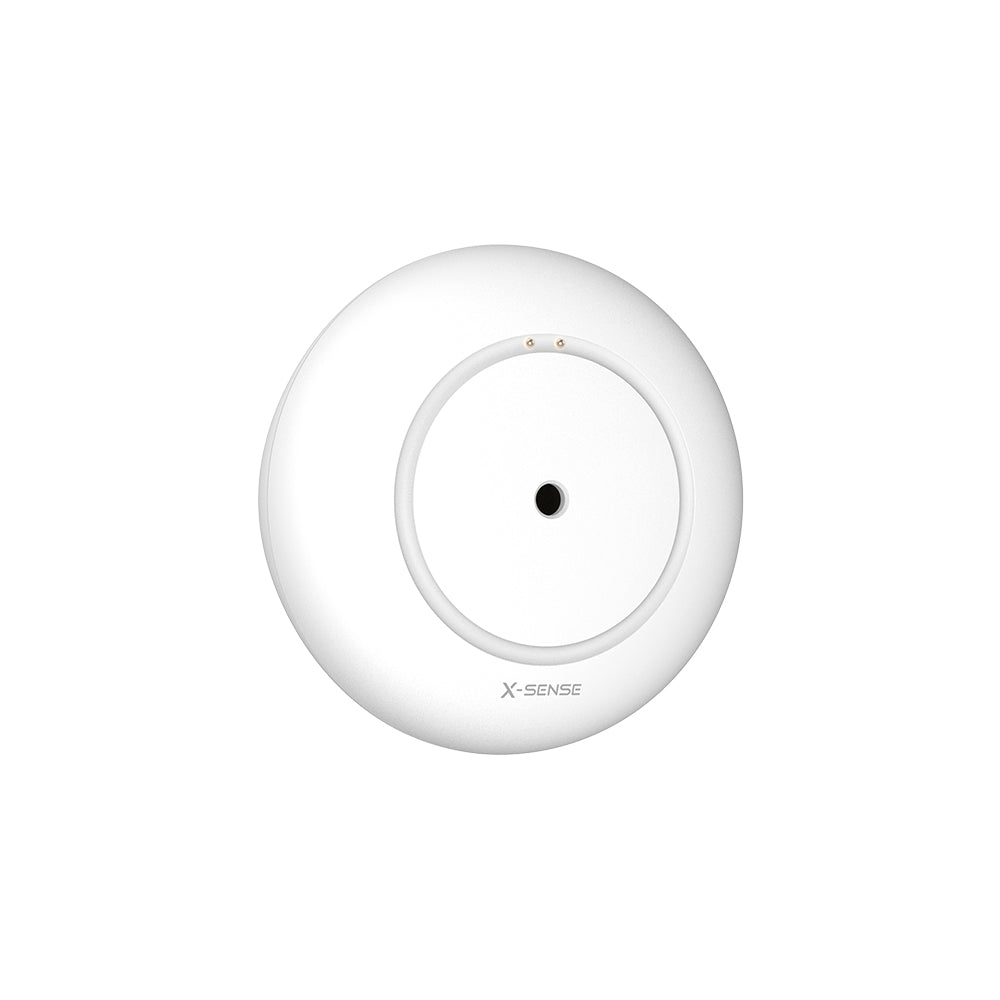Ionization vs Photoelectric Smoke Detectors
Thu, Apr 16, 2020
Smoke Detectors are an essential preventive measure that is highly recommended to be installed in each home. These small devices provide early detection of fire before things are too late.
You may encounter the following types of smoke alarms. A Photoelectric Smoke Detector and Ionization Smoke Detector. Both types of alarms are built to trigger when smoke is present. However, they do slightly vary in terms of mechanics, technology and trigger sensors. Below, we tackle how these devices differ from one another.
What is a Photoelectric Smoke Detector

Photoelectric Smoke Detectors are one type of smoke alarms that are equipped with an LED light inside its chamber. As smoke particles enter the detector, the laser beam light is distorted and scattered. If the deflected light hits the sensor, it will trigger an alarm
In case that the Photoelectric Smoke Alarm has low batteries, it will provide a chirping sound that will prompt you to change them. The sound to change batteries will be different from a sounding alarm when there is smoke.
What is an Ionization Smoke Detector

Another type of smoke alarm is an Ionization Smoke Detector. This alarm uses a special radioactive element called Americium-241. This element causes air molecules to form a small electric current inside the chamber, between its metal plates. When smoke particles enter the detector, this electric current is disrupted because the smoke will bond with the rest of the air particles. This effect of electricity-path break causes the alarm to go off.
There are also cases when smoke alarms would have both the optical feature of the photoelectric sensor and the ionization sensor in one unit.
Ionization vs Photoelectric Smoke Detectors: Which Is the Best?
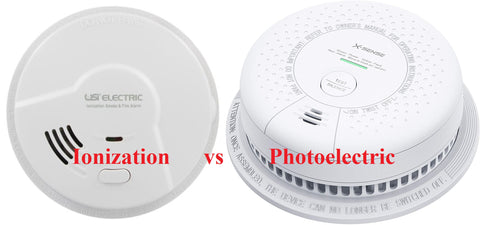
Between these types of smoke detectors, you must understand that each has its strengths. Photoelectric smoke detectors tend to react faster with combustions that occur on solid objects while Ionization smoke detectors tend to react faster with fires that occur on the gas phase.
Because fire occurrence is not predictable, it is difficult to plan out which smoke alarm would be best installed at home. Thus, it is more recommended to source both types which can double the protection. It could be two separate devices or one device that has both features.
The important factor is that a good combination of these smoke alarms is installed in appropriate areas of the house. Before purchasing, make sure that you consider the types of smoke alarms that already exist in your home. You should be able to easily see them at the back of the unit. Labels should be present to tell whether it is a Photoelectric Smoke Alarm or an Ionization Smoke Alarm.
In case this is difficult to distinguish, consider revisiting the device manual or consulting the manufacturer or dealer with a few more online resources.
Aside from the type of manual, it is also a good chance to do a health check of the device. These safety devices must be well maintained to keep you secure for such conditions.
FAQs
1. Are ionization smoke detectors banned?
Ionization smoke detectors are banned in some countries, this is because of the radioactive material Americium 241. It's, however, not harmful to human beings because the isotopes are released in minimal amounts. The problem though arises in the storage and disposal of the detector. For this reason, some companies are also moving away from manufacturing such detectors.
2. Do I need a photoelectric smoke detector?
Considering the fact that fires are unpredictable, it's more difficult to determine the type of fire that will befall your home. Therefore, it's important to install a photoelectric smoke detector or a single unit with both technologies. It's also important to note that the laws of some states require you to install smoke detectors in your home or commercial premises.
3. Can you mix ionization and photoelectric smoke detectors?
Mixing the use of both photoelectric and ionization detectors is recommendable. The main reason is that the mix offers the best protection from all types of fires. It's important to note that there are single units with both technologies.
4. What is the best photoelectric smoke detector?

When you compare different photoelectric smoke detectors, the X-Sense XS01-WT emerges to be the best. Below are some of its features that make it better than the rest.
- It's a smart and simple detector to install.
- It has a self-regular check feature that will send you notifications in case there is a problem.
- Replaceable lithium battery with a low battery notification feature.
- The ability to connect to the WI-FI.
Most detectors will not have all these features in a single unit.
5. Where are ionization smoke detectors used?
When you compare the use of ionization smoke detectors vs photoelectric detectors, the ionization detectors are used in areas prone to realize fast flaming fires. The radioactive material in their chamber ionizations and disrupts the follow of ions; after charged particles trigger the follow of current between the plates, the alarm is activated.
Final words
When you compare photoelectric vs ionization smoke detectors, there is a big difference in terms of their technologies and the specific purpose. It is crucial to predict the type of fire that may arise before installing detectors in our home. However, it's even safer to install a single unit with both technologies.
You may also like: All About Monitored Smoke Detector
